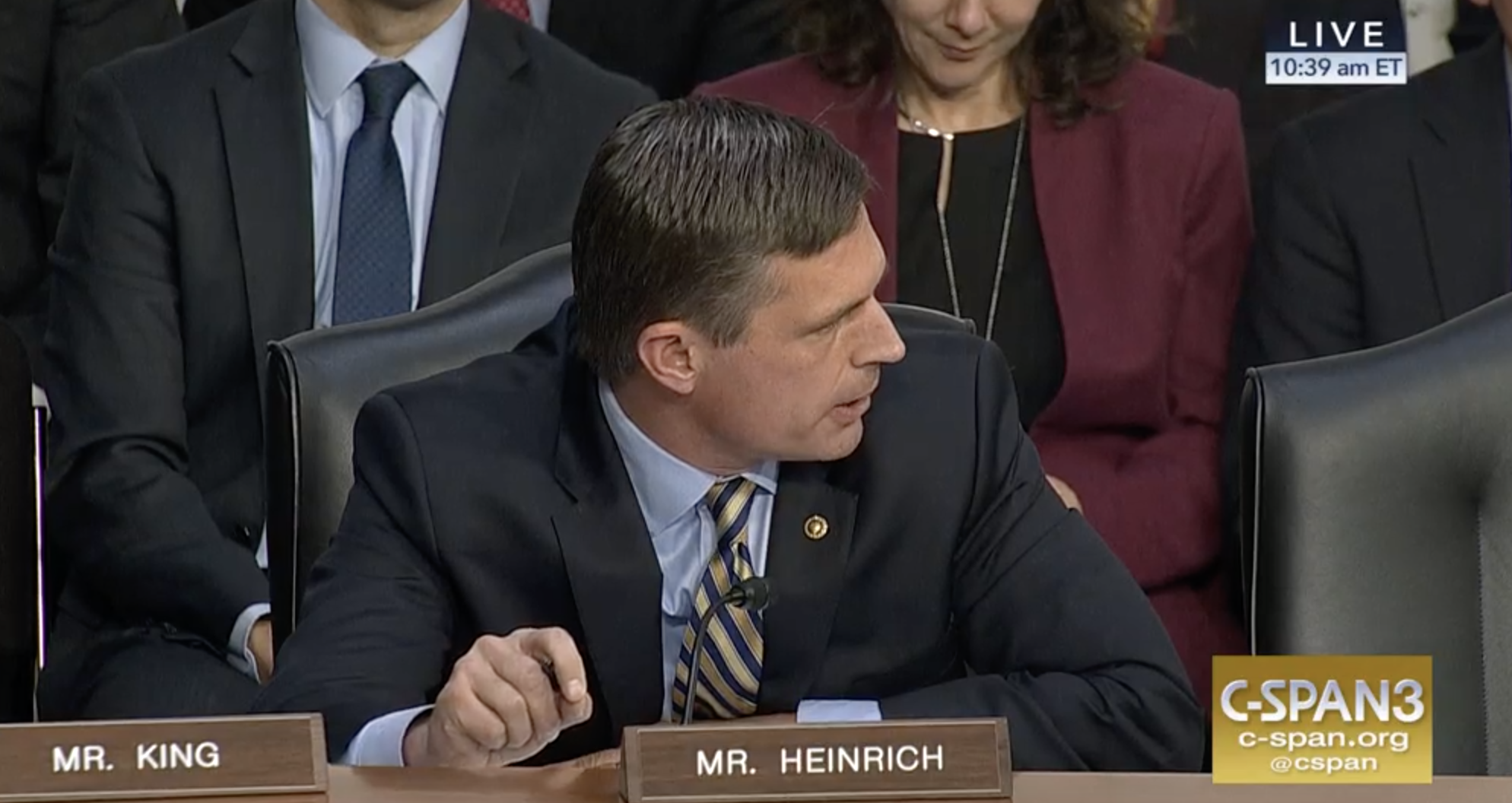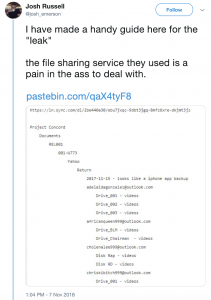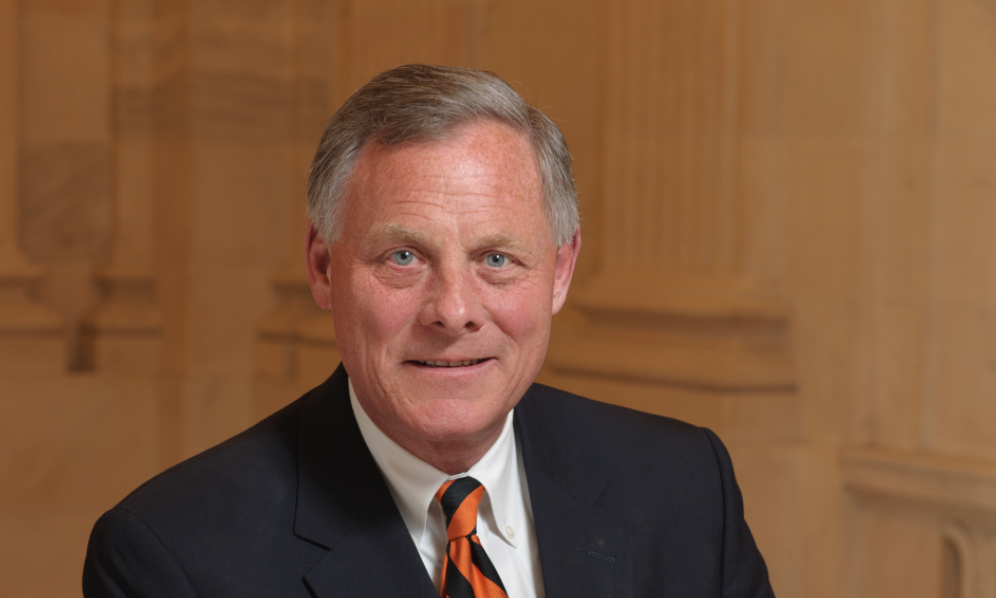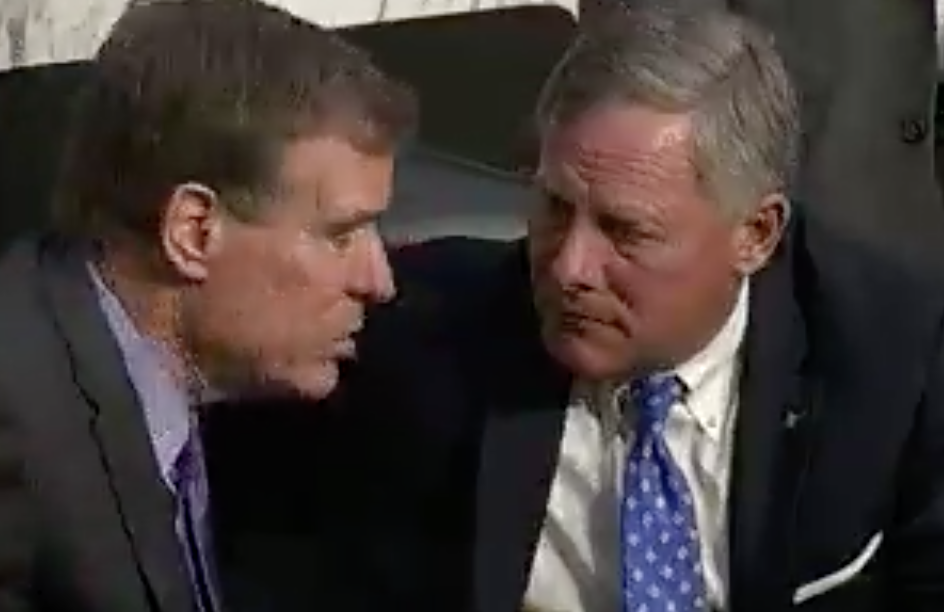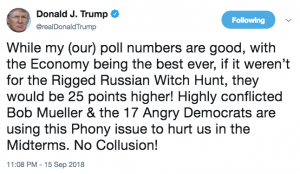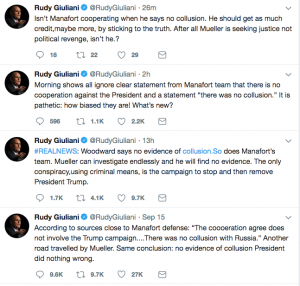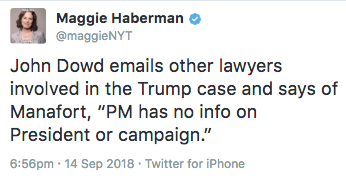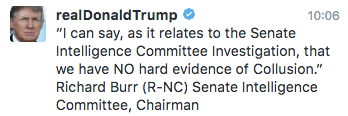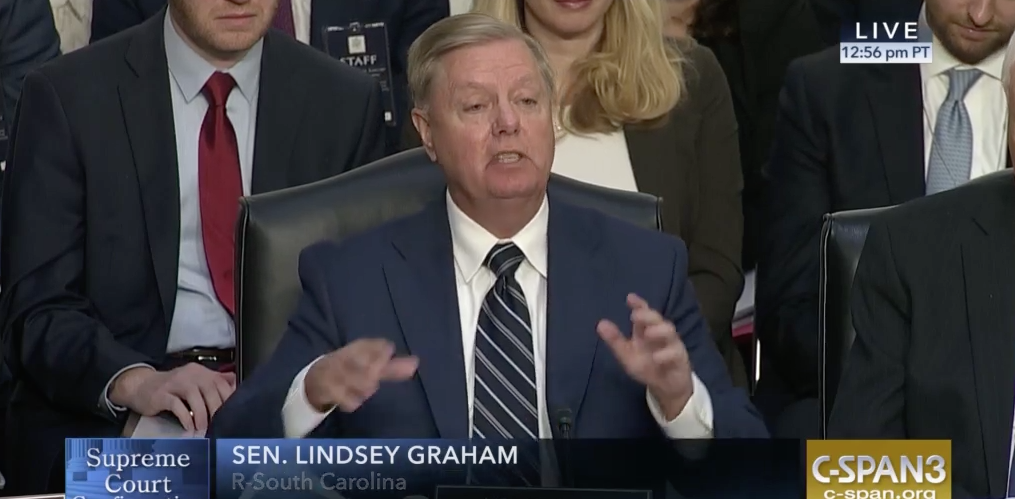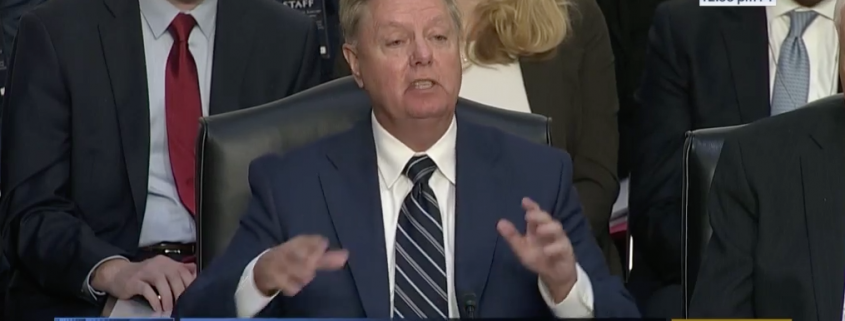45 Days Plus 45 Days: Is Trump Violating His Own Election Tampering Executive Order?
As I noted last week, along with all the issues on which Trump’s top spooks clearly disagreed with him at last week’s Worldwide Threat Assessment hearing, there was also a remarkable exchange regarding a report mandated by a Trump Executive Order on election interference last year. Effectively, it became clear that Director of National Intelligence doesn’t want to brief the Intelligence Committee on whether Russia interfered with last year’s election.
Martin Heinrich: Director Coats, I want to come back to you for a moment. Your office issued a statement recently announcing that you had submitted the intelligence community’s report assessing the threats to the 2018 mid-term elections to the President and to appropriate Executive Agencies. Our committee has not seen this report. And despite committee requests following the election that the ODNI brief the committee on any identified threats, it took ODNI two months to get a simple oral briefing and no written assessment has yet been provided. Can you explain to me why we haven’t been kept more fully and currently informed about those Russian activities in the 2018–
Richard Burr: Before you respond, let me just acknowledge to the members that the Vice Chairman and I have both been briefed on the report and it’s my understanding that the report at some point will be available.
Dan Coats: The process that we’re going through are two 45 day periods, one for the IC to assess whether there was anything that resulted in a change of the vote or anything with machines, uh, what the influence efforts were and so forth. So we collected all of that, and the second 45 days — which we then provided to the Chairman and Vice Chairman. And the second 45 days is with DHS looking, and DOJ, looking at whether there’s information enough there to take — to determine what kind of response they might take. We’re waiting for that final information to come in.
Heinrich: So the rest of us can look forward — so the rest of us can then look forward to reading the report?
Coats: I think we will be informing the Chairman and the Vice Chairman of that, of their decisions.
Heinrich: That’s not what I asked. Will the rest of the Committee have access to that report, Mr. Chairman?
[pause]
Heinrich: Chairman Burr?
Burr; Well, let me say to members we’re sort of in unchartered ground. But I make the same commitment I always do, that anything that the Vice Chairman and myself are exposed to, we’ll make every request to open the aperture so that all members will be able to read I think it’s vitally important, especially on this one, we’re not to a point where we’ve been denied or we’re not to a point that negotiations need to start. So it’s my hope that, once the final 45-day window is up that is a report that will be made available, probably to members only.
The reporting requirements come from this language:
Section 1. (a) Not later than 45 days after the conclusion of a United States election, the Director of National Intelligence, in consultation with the heads of any other appropriate executive departments and agencies (agencies), shall conduct an assessment of any information indicating that a foreign government, or any person acting as an agent of or on behalf of a foreign government, has acted with the intent or purpose of interfering in that election. The assessment shall identify, to the maximum extent ascertainable, the nature of any foreign interference and any methods employed to execute it, the persons involved, and the foreign government or governments that authorized, directed, sponsored, or supported it. The Director of National Intelligence shall deliver this assessment and appropriate supporting information to the President, the Secretary of State, the Secretary of the Treasury, the Secretary of Defense, the Attorney General, and the Secretary of Homeland Security.
(b) Within 45 days of receiving the assessment and information described in section 1(a) of this order, the Attorney General and the Secretary of Homeland Security, in consultation with the heads of any other appropriate agencies and, as appropriate, State and local officials, shall deliver to the President, the Secretary of State, the Secretary of the Treasury, and the Secretary of Defense a report evaluating, with respect to the United States election that is the subject of the assessment described in section 1(a):
(i) the extent to which any foreign interference that targeted election infrastructure materially affected the security or integrity of that infrastructure, the tabulation of votes, or the timely transmission of election results; and
(ii) if any foreign interference involved activities targeting the infrastructure of, or pertaining to, a political organization, campaign, or candidate, the extent to which such activities materially affected the security or integrity of that infrastructure, including by unauthorized access to, disclosure or threatened disclosure of, or alteration or falsification of, information or data.
The report shall identify any material issues of fact with respect to these matters that the Attorney General and the Secretary of Homeland Security are unable to evaluate or reach agreement on at the time the report is submitted. The report shall also include updates and recommendations, when appropriate, regarding remedial actions to be taken by the United States Government, other than the sanctions described in sections 2 and 3 of this order.
And if DOJ and Homeland Security do find someone tampered with the country, Trump’s own Executive Order requires harsh sanctions on the perpetrators.
Sec. 2. (a) All property and interests in property that are in the United States, that hereafter come within the United States, or that are or hereafter come within the possession or control of any United States person of the following persons are blocked and may not be transferred, paid, exported, withdrawn, or otherwise dealt in: any foreign person determined by the Secretary of the Treasury, in consultation with the Secretary of State, the Attorney General, and the Secretary of Homeland Security:
(i) to have directly or indirectly engaged in, sponsored, concealed, or otherwise been complicit in foreign interference in a United States election;
(ii) to have materially assisted, sponsored, or provided financial, material, or technological support for, or goods or services to or in support of, any activity described in subsection (a)(i) of this section or any person whose property and interests in property are blocked pursuant to this order; or
(iii) to be owned or controlled by, or to have acted or purported to act for or on behalf of, directly or indirectly, any person whose property or interests in property are blocked pursuant to this order.
The Executive Order was a transparent attempt to stave off similar language in the Intelligence Authorization last year.
Today is — by my count — the end of that second 45 day period (or 90 days total from the end of the election). So Trump’s Administration should be deciding today whether — just as one example — the Russian attempt to hack Claire McCaskill was more successful than she apparently knew and whether, according to his own Executive Order, Trump now has to impose sanctions on Russia for trying.
Last week’s report actually envisioned Russia attempting to manipulate data, which might explain the sensitivity around this report.
Russia’s social media efforts will continue to focus on aggravating social and racial tensions, undermining trust in authorities, and criticizing perceived anti-Russia politicians. Moscow may employ additional influence toolkits—such as spreading disinformation, conducting hack-and-leak operations, or manipulating data—in a more targeted fashion to influence US policy, actions, and elections.
Alternately, Trump’s Administration knows the Russians tried to help him again in the mid-term elections but doesn’t want to do what they’ve promised to do in response.
Update: Big Dick Toilet Salesman Matt Whitaker and DHS Secretary Kirstjen Nielsen say that Trump doesn’t have to sanction Russia for hacking Claire McCaskill and others last year because the report they won’t even share with the Senate Intelligence Committee says Russia’s tampering had no impact on the election.
Although the specific conclusions within the joint report must remain classified, the Departments have concluded there is no evidence to date that any identified activities of a foreign government or foreign agent had a material impact on the integrity or security of election infrastructure or political/campaign infrastructure used in the 2018 midterm elections for the United States Congress. This finding was informed by a report prepared by the Office of the Director of National Intelligence (ODNI) pursuant to the same Executive Order and is consistent with what was indicated by the U.S. government after the 2018 elections.
While the report remains classified, its findings will help drive future efforts to protect election and political/campaign infrastructure from foreign interference.

